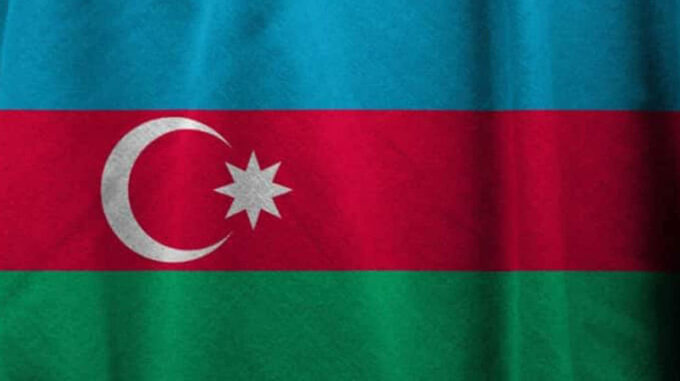In Azerbaijan, serious accusations were made against Russia for a large-scale cyberattack that occurred in February 2025, causing a new spike in tensions between the two countries in the fields of digital security and political interests

Rami Namazaov, head of the parliamentary commission on countering hybrid threats, disclosed this information during public hearings on May 2, citing the results of internal investigations and analysis of the situation. According to him, the cyberattack that took place on February 20 of this year and targeted Azerbaijani media and government structures was carried out with the help of the well-known Russian group APT29, also known as Cozy Bear. This group has long been associated with Russian military intelligence (GRU), and its activities are aimed at global espionage. Namazaov emphasized that this group is suspected of attempting to infiltrate Azerbaijan’s digital systems to obtain confidential information and as part of disinformation efforts against the country's citizens. The deputy noted that investigation data confirmed the direct involvement of this group in hacking Azerbaijani media resources. He stated that the malicious actors had infiltrated the networks of the country's media structures in advance, working in the shadowy sphere to prepare the ground for open cyber interference. It is important to highlight that this attack occurred within the context of political and diplomatic conflicts between Baku and Moscow. Rami Namazaov explained in detail that the cause of the cyberattack was specifically the political decision of the Azerbaijani authorities made on February 3 — the closure of the "Russian House" located in Baku due to legislative violations. This decision drew a negative reaction from Moscow, along with a presumed intention to shut down the Azerbaijani branch of the radio station Sputnik — another symbol of Russian informational influence in the region. Namazaov stressed that these factors became catalysts for the politically motivated cyber intrusion, which manifested as a large-scale cyber operation against Azerbaijan. He believes that Moscow, utilizing its resources, seeks to create chaos within the country, disorganize its information sphere, and weaken its international image. These statements came amidst increased tensions in Russian-Azerbaijani relations, which were previously closed to broad public discussion but received a new impetus in January-February. According to Azerbaijani media sources, regional tensions also intensified due to an incident involving a flight of Azerbaijan Airlines. In December 2024, after a route was discontinued, a tragedy occurred — a plane was shot down near Grozny, in Chechnya, allegedly by the Russian Pantsir-S missile defense system. This version is supported by facts from local sources and insider information, which affirm that the shot-down passenger aircraft was targeted by the Russian defense system after rerouting the flight from Russia to Kazakhstan. Investigations are ongoing, and so far, no official reasons for the catastrophe have been announced; however, there are suspicions that it may have been a politically motivated act. Overall, these events demonstrate that hybrid tactics have once again become active in the region, used in modern conflicts among global and regional players to enhance influence, demonstrate strength, and destabilize opponents. Azerbaijan consistently accuses Russia of interference in its internal and external policies through cyber threats and other means of combating opponents, while Moscow and its official representatives deny or sidestep this information. The struggle in the digital space continues to intensify and may become a key aspect of future relations between these countries in the South Caucasus region.

